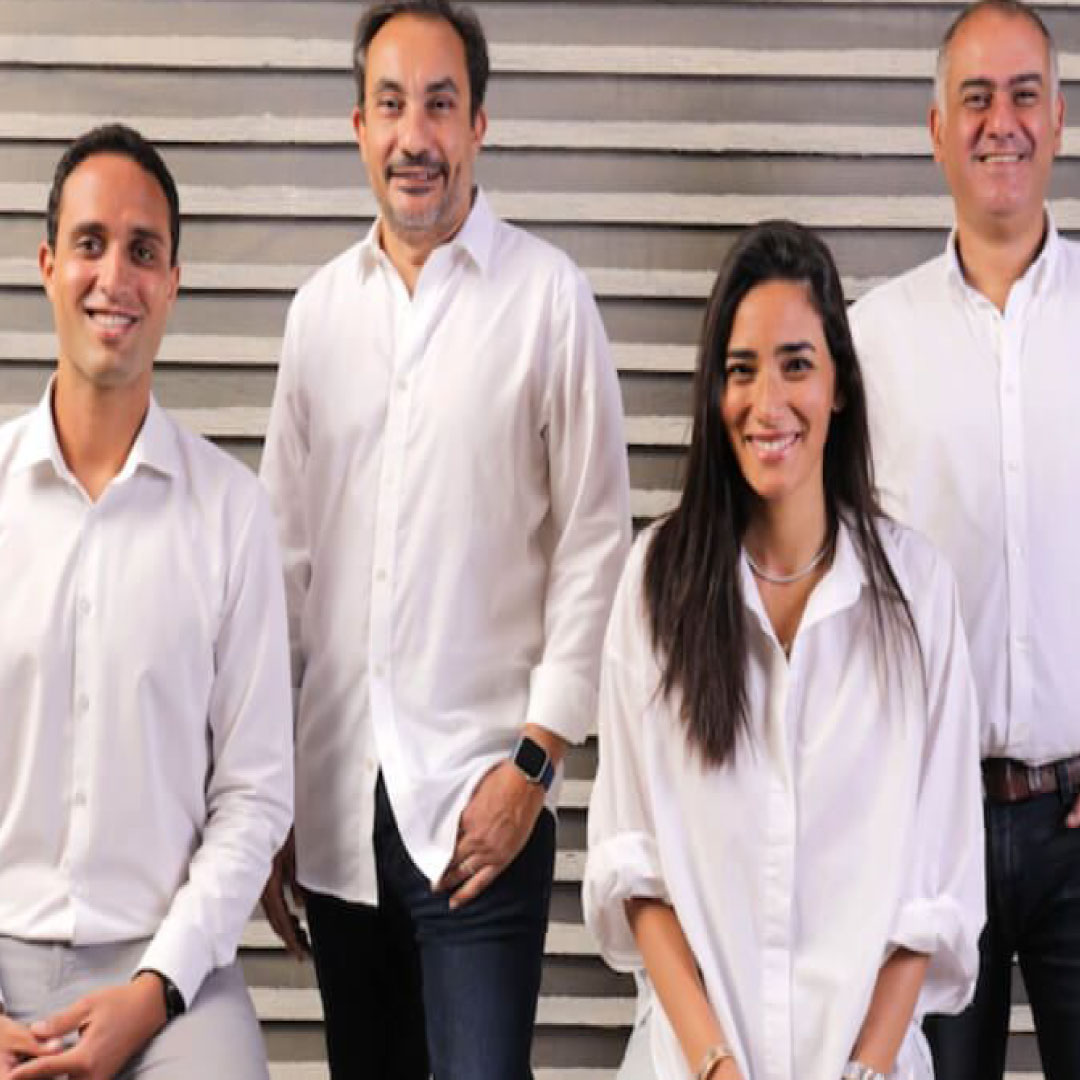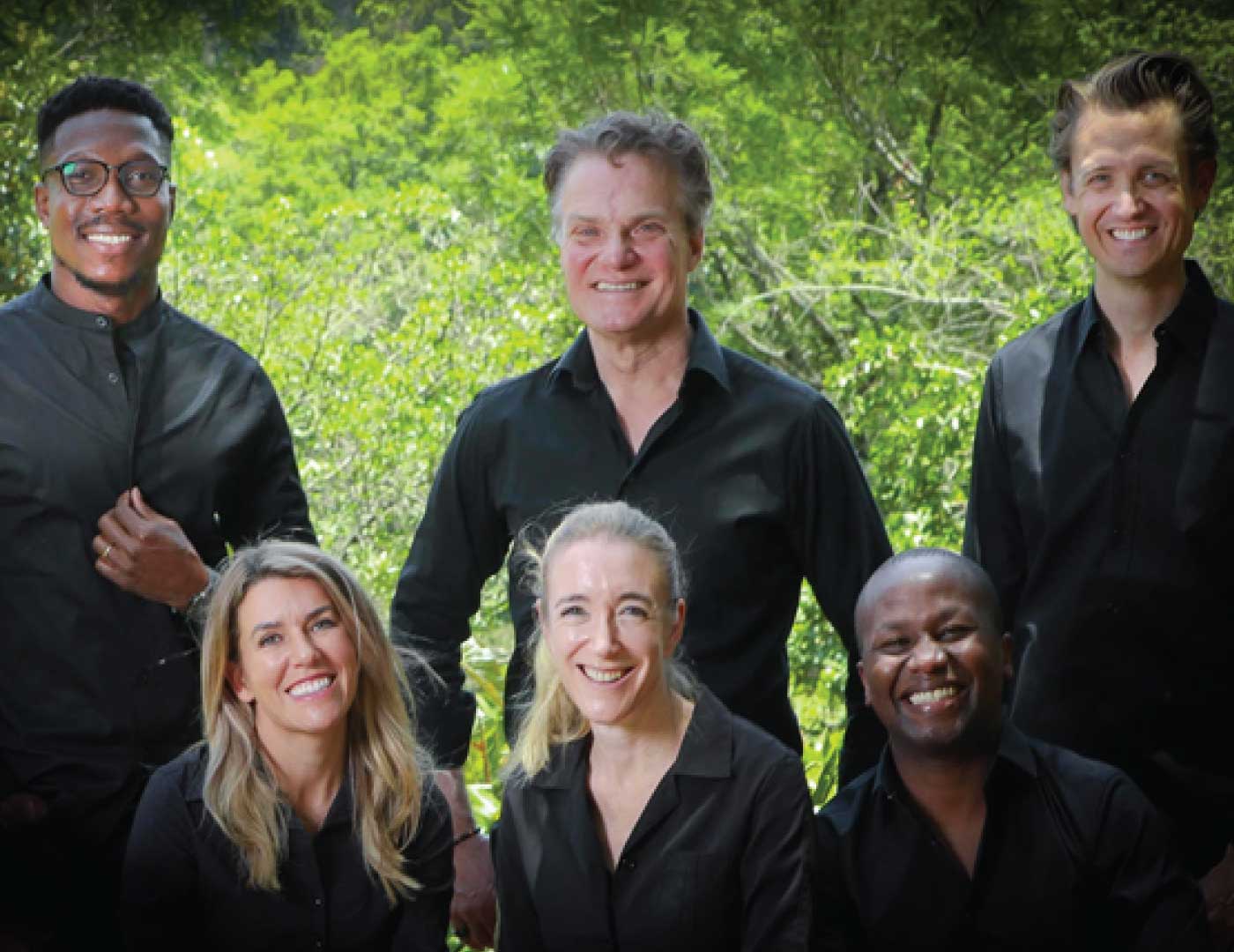Green energy start-ups and entrepreneurs from South Africa will get the chance to pitch to a room full of international and local investors with the potential to fund investment opportunities at the Green Energy Africa Summit, which will take place on October 5, 2022, at Cape Town, South Africa.
As an initiative of the Hyve Group, an international organizer of exhibitions and conferences, the company in charge of the Mining Indaba and Africa Oil Week, a group of regional clean-tech enterprises will come together for the pitching event to propose their businesses to an audience of fundamental investors, who collectively behold investments worth more than $100 billion.
Hyve Group joins hands with the Saldanha Bay Innovation Campus (SBIC) and consultancy company RIIS to identify potential regional start-ups and entrepreneurs who would be a good fit. After a thorough initial application process, a shortlist of candidates will proceed to the pitching event in October, where they will have the opportunity to earn backing for their project.
CEO of the Saldanha Bay Industrial Development Zone, Kaashifah Beukes, avers that the pitching event proffers a tremendous opportunity that is not readily available to regional start-ups.
“Even for the most seasoned organizations, finding acceptable investment partners may be challenging. The inability to get to appropriate finance sources for start-ups and entrepreneurs is a deterrent that undermines South Africa’s development objectives”. Beukes says.
Read: Vodacom SA Commits to Using Only Renewable Energy Sources by 2025
The shortlisted candidates will not only have access to investors through the pitch opportunity but also get free business training in advance of the event. Davis Cook, the CEO of RIIS, notes that start-ups and entrepreneurs prevalently focus more of a priority on product development and prototyping than on business imperatives.
“From an investor’s standpoint, launching a business demands particular considerations, and while fledgling companies may show technological readiness, they are rarely business-ready. We believe that providing the applicants who made the shortlist support before the pitching session would help them make the most of this tremendous opportunity,” Cook added.
According to The Hyve Group, they are keen to see the Energy Investment Village outcome, which serves as the pitching competition’s official name.
Read: Vivatech Opens in Paris, Emphasizing African Startups
Paul Sinclair, vice president of energy and director of government relations for Africa Oil Week and the summit, asserts that the pitch session might eventually be a feature of the Green Energy Africa Summit,
“With the increase in demand in South Africa to put practical and creative green energy solutions forward, Green Energy Africa Summit is keen and ready to play a part in allowing the formation of such initiatives, which can potentially influence the future of Africa.” Sinclair added.
About Green Energy Africa Summit
Green Energy Africa Summit is a global platform for stimulating deals and transactions across the African Energy Industry. The event brings together governments, national regulators and utility companies, independent power players, investors, financial institutions and service providers. The summit will drive deals and investment into energy projects, provide energy access and solutions for the continent and shape the future of Africa.
The 2022 summit event, held in October, will provide the ideal platform and engine room for growth across Africa’s renewable and low-carbon sector. This is the place to be if your company is involved in Africa’s energy transition.






